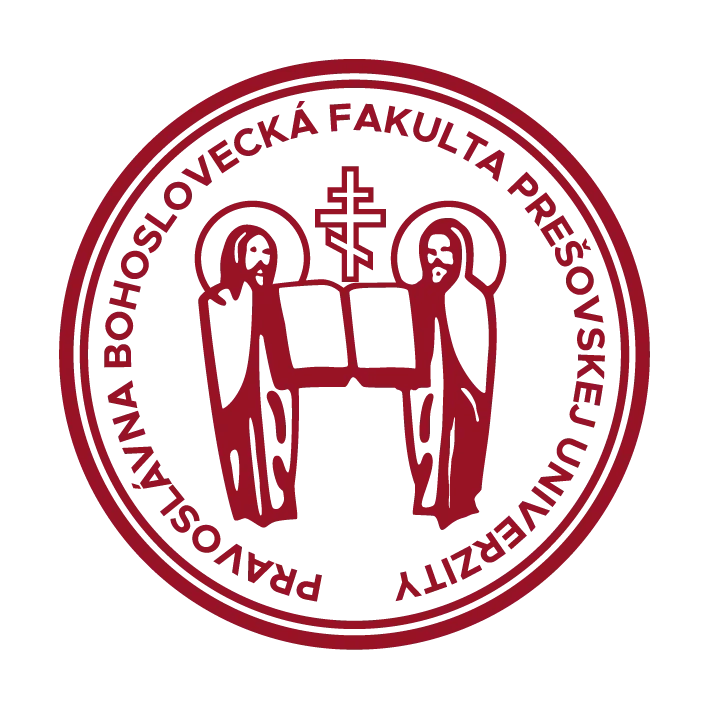POPOVIĆ Radomir - Acta PATRISTICA, volume 14, issue 29/2023
THE TRULLO OR FIFTH-SIXTH COUNCIL – HISTORICAL-CANONICAL ASPECT OF SOME OF THE RULES OF THE COUNCIL
/ТРУЛСКИ ИЛИ ПЕТО-ШЕСТИ САБОР – ИСТОРИЈСКО-КАНОНСКИ АСПЕКТ НЕКИХ ПРАВИЛА ОВОГ САБОРА/
Radomir POPOVIC
professor, Faculty of Orthodox Theology, University of Belgrade, Mije Kovacevića 11б, 11060 Belgrade, Republic of Serbia, radomir.popovic@live.com, 00381112762732, ORCID: 0009-0006-8735-6502
Abstract
Fifth-Sixth or Trullo Council is added to the Ecumenical Councils, but not as a separate council, but as a supplement to the Fifth and Sixth Ecumenical Councils. It is significant in that most of the canons governing the internal church organization and life were adopted on it. In this overview, the names of all the bishops who participated in the council were brought. In particular, some rules or canons were considered that concern ever-current and important issues in the life of the Church: about holy persons, about schisms and heresies and how to overcome them, about the Church way of life. In particular, this paper discusses the canons that speak about monasticism: commitment to the monastic life, about the type of common life and asceticism, about penances as spiritual remedies for repentance and spiritual progress.
Keywords
Fifth-Sixth or Council of Trullo, Canons, King Justinian II (685-695), Constantinople, Rome
SUMMARY
In this paper, only a short and partial church-historical review of the Fifth-Sixth or Trul Council held in Constantinople in 691-692 was made. years. For the first time in the Serbian language, the names of all the bishops who participated in this council were brought here. This council is in a way a supplement to the two last or previous Ecumenical Councils that did not adopt church canons or rules. That is why this Council adopted 102 canons, that is, the largest number of canons adopted by Ecumenical Councils. This paper also briefly discusses some canons that are, more or less, always current in the everyday life of the Church. Such canons include those that speak about the Holy Secret of the priesthood, about the regular holding of church councils and the mandatory participation of all bishops, how to deal with schismatics and heretics who repent and want to return to the Church, then monastic rules that regulate life in monastic communities: at what age monastic vows are taken, about the virtue of spiritual obedience to the abbot or abbot, how penances should be understood - as punishments, or as spiritual medicine for spiritual healing and spiritual progress in Christian virtues.
(Language: serbian)
